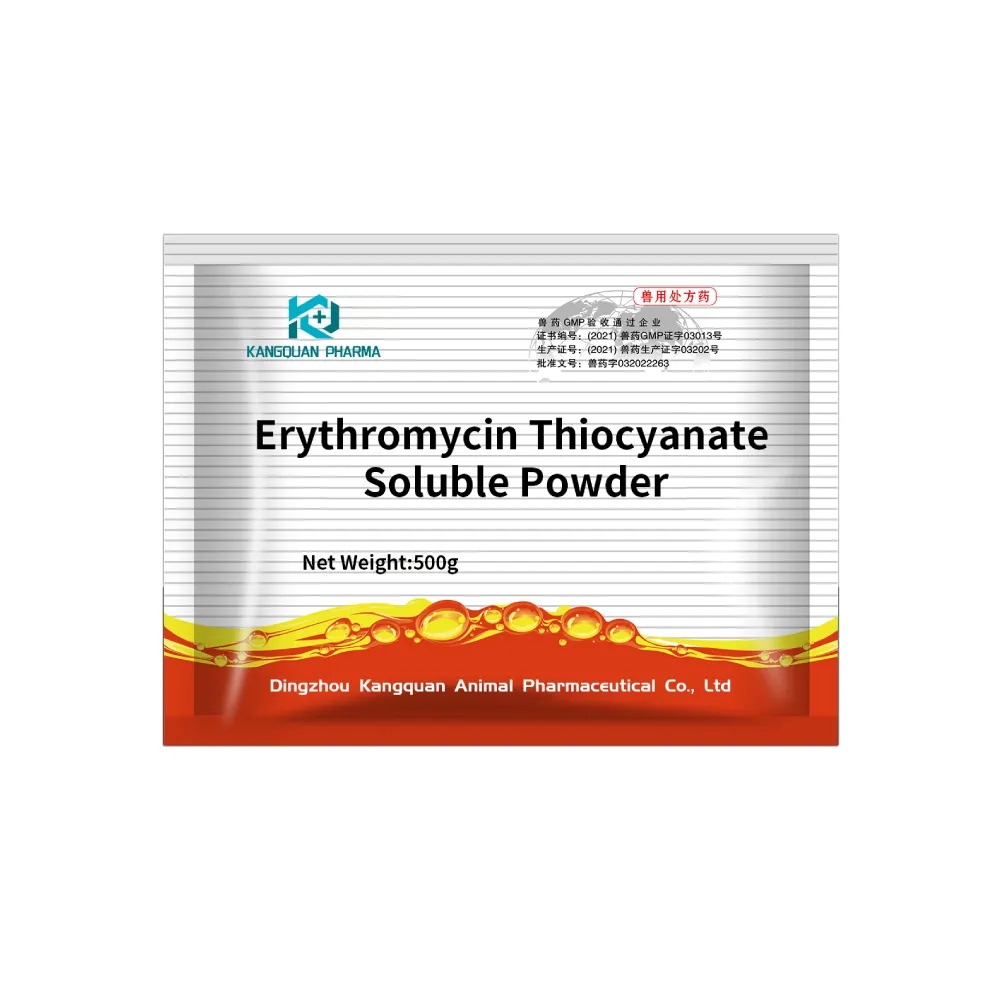- Afrikaans
- Albanian
- Amharic
- Arabic
- Armenian
- Azerbaijani
- Basque
- Belarusian
- Bengali
- Bosnian
- Bulgarian
- Catalan
- Cebuano
- Corsican
- Croatian
- Czech
- Danish
- Dutch
- English
- Esperanto
- Estonian
- Finnish
- French
- Frisian
- Galician
- Georgian
- German
- Greek
- Gujarati
- Haitian Creole
- hausa
- hawaiian
- Hebrew
- Hindi
- Miao
- Hungarian
- Icelandic
- igbo
- Indonesian
- irish
- Italian
- Japanese
- Javanese
- Kannada
- kazakh
- Khmer
- Rwandese
- Korean
- Kurdish
- Kyrgyz
- Lao
- Latin
- Latvian
- Lithuanian
- Luxembourgish
- Macedonian
- Malgashi
- Malay
- Malayalam
- Maltese
- Maori
- Marathi
- Mongolian
- Myanmar
- Nepali
- Norwegian
- Norwegian
- Occitan
- Pashto
- Persian
- Polish
- Portuguese
- Punjabi
- Romanian
- Russian
- Samoan
- Scottish Gaelic
- Serbian
- Sesotho
- Shona
- Sindhi
- Sinhala
- Slovak
- Slovenian
- Somali
- Spanish
- Sundanese
- Swahili
- Swedish
- Tagalog
- Tajik
- Tamil
- Tatar
- Telugu
- Thai
- Turkish
- Turkmen
- Ukrainian
- Urdu
- Uighur
- Uzbek
- Vietnamese
- Welsh
- Bantu
- Yiddish
- Yoruba
- Zulu
9 月 . 16, 2024 01:44 Back to list
Ivermectin Injection for Dogs - Uses, Dosage & Safety
Ivermectin Injection for Dogs Uses and Considerations
Ivermectin is a widely known medication that has been utilized in veterinary medicine for a variety of purposes. Originally developed as a treatment for parasitic infections in livestock, ivermectin has found its way into canine healthcare, particularly as an injectable solution for dogs. This article delves into the uses of ivermectin injection in dogs, its benefits, potential side effects, and important precautions that pet owners should be aware of.
Uses of Ivermectin Injection in Dogs
Ivermectin is primarily used for controlling and treating various parasitic infections in dogs. It is effective against endoparasites, such as roundworms, hookworms, and certain protozoan infections like Giardia. Additionally, ivermectin is known for its efficacy against ectoparasites, including fleas, ticks, and mites. This broad spectrum of activity makes ivermectin an invaluable tool in a veterinarian's arsenal.
The injectable form of ivermectin is typically used when a rapid response is required or when oral administration is not feasible. Conditions such as severe parasitic infestations or specific medical circumstances can necessitate the use of ivermectin injections. Moreover, it can be utilized in heartworm prevention, particularly in dogs that have tested negative for heartworm disease, with the injection providing an effective form of prophylaxis.
Benefits of Ivermectin Injection
One of the key benefits of ivermectin is its convenience. The injectable form allows for quick and effective absorption into the bloodstream, leading to faster results compared to oral medications. This can be particularly advantageous in cases of acute infestations. Additionally, ivermectin has a long history of use and is generally considered safe for most dogs when administered at the appropriate dosages.
ivermectin injection for dogs uses

Potential Side Effects
While ivermectin can be beneficial, it is not without risks. Some dogs, particularly certain breeds such as collies, Australian shepherds, and other herding breeds, may carry a genetic mutation that makes them susceptible to toxicity from ivermectin. Symptoms of ivermectin toxicity can include vomiting, diarrhea, lethargy, tremors, and even coma in severe cases. Therefore, it is crucial for pet owners to have their dogs screened for this genetic predisposition before administration.
Other dogs may experience mild side effects, such as temporary lethargy or gastrointestinal upset. It is essential for owners to monitor their pets closely after an injection and report any concerning symptoms to their veterinarian promptly.
Precautions and Conclusion
Before administering ivermectin injection to dogs, pet owners should always consult their veterinarian. Proper dosing and administration are critical to ensuring the safety and effectiveness of the treatment. It is also vital to consider the dog’s overall health, age, and any pre-existing conditions.
In conclusion, ivermectin injection is a potent and useful treatment option for various parasitic infections in dogs. Its rapid action and effectiveness make it a valuable choice in veterinary medicine. However, pet owners must exercise caution and work closely with their veterinarians to mitigate risks and ensure their furry companions remain healthy and safe. By following appropriate guidelines and veterinary advice, ivermectin can significantly enhance the health and well-being of dogs affected by parasitic infections.
-
The Power of Radix Isatidis Extract for Your Health and Wellness
NewsOct.29,2024
-
Neomycin Sulfate Soluble Powder: A Versatile Solution for Pet Health
NewsOct.29,2024
-
Lincomycin Hydrochloride Soluble Powder – The Essential Solution
NewsOct.29,2024
-
Garamycin Gentamicin Sulfate for Effective Infection Control
NewsOct.29,2024
-
Doxycycline Hyclate Soluble Powder: Your Antibiotic Needs
NewsOct.29,2024
-
Tilmicosin Premix: The Ultimate Solution for Poultry Health
NewsOct.29,2024













